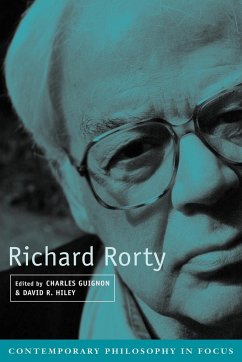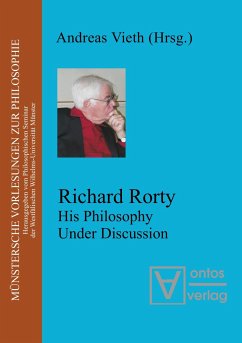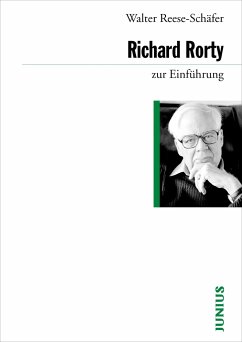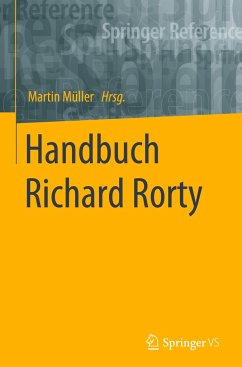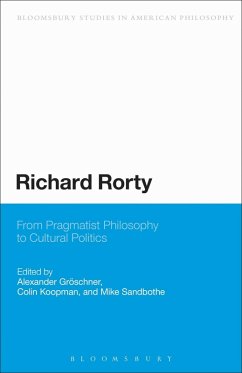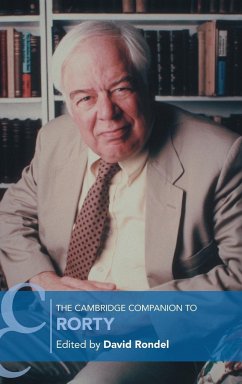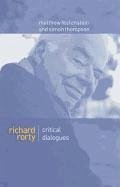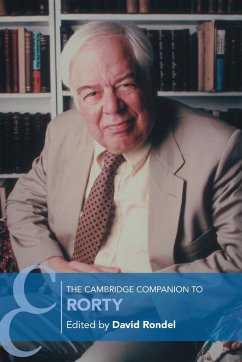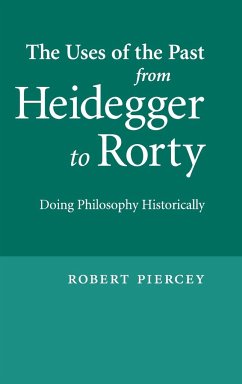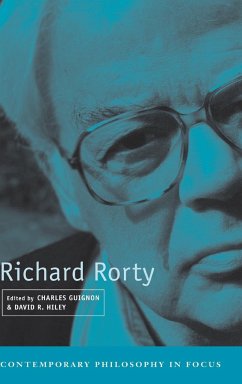
Richard Rorty
Versandkostenfrei!
Versandfertig in 1-2 Wochen
86,99 €
inkl. MwSt.
Weitere Ausgaben:

PAYBACK Punkte
43 °P sammeln!
Arguably the most influential of all contemporary English-speaking philosophers, Richard Rorty has transformed the way many inside and outside philosophy think about the discipline and the traditional ways of practising it. Drawing on a wide range of thinkers from Darwin and James to Quine, Wittgenstein, Heidegger and Derrida, Rorty has injected a bold anti-foundationalist vision into philosophical debate, into discussions in literary theory, communication studies, political theory and education, and, as public intellectual, into national debates about the responsibilities of America in the mo...
Arguably the most influential of all contemporary English-speaking philosophers, Richard Rorty has transformed the way many inside and outside philosophy think about the discipline and the traditional ways of practising it. Drawing on a wide range of thinkers from Darwin and James to Quine, Wittgenstein, Heidegger and Derrida, Rorty has injected a bold anti-foundationalist vision into philosophical debate, into discussions in literary theory, communication studies, political theory and education, and, as public intellectual, into national debates about the responsibilities of America in the modern world. The essays in this volume offer a balanced exposition and critique of Rorty's views on knowledge, language, truth, science, morality and politics. The editorial introduction presents a valuable overview of Rorty's philosophical vision. Written by a distinguished team of philosophers, this volume will have an unusual appeal outside philosophy to students in the social sciences, literary studies, cultural studies and political theory.





